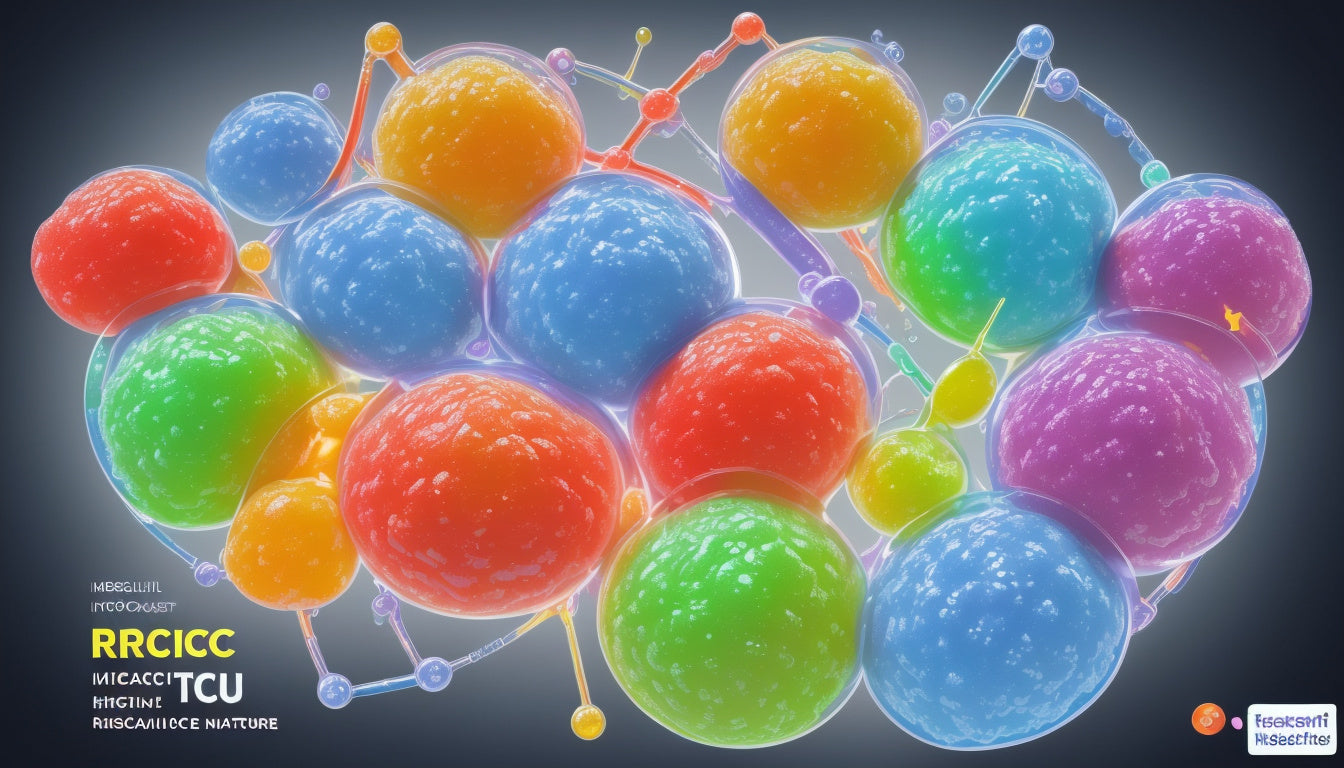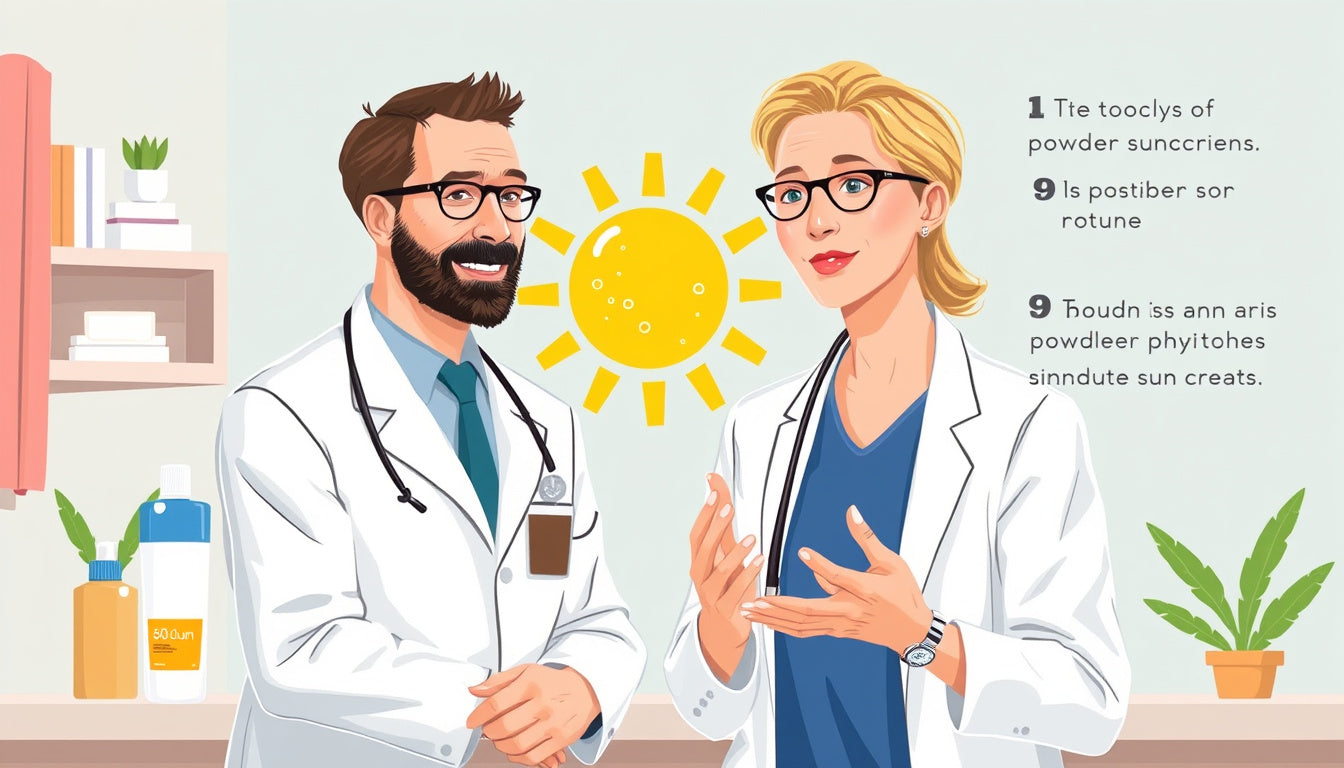
Unlocking Liver Health: The Shocking Truth About Fructose, Glucose, and Insulin Resistance!
When it comes to maintaining liver health, understanding the impact of different sugars on the body is crucial. Many people focus on the glycemic index (GI) to guide their dietary choices, but this can be misleading—especially when it comes to fructose. In this article, we'll uncover the truth about fructose, glucose, and their connection to insulin resistance, revealing why the liver plays a central role in this complex process.
What Is the Glycemic Index and Why It Can Be Misleading
The glycemic index measures how quickly a carbohydrate-containing food raises blood glucose levels after consumption. Glucose has a GI of 100, making it a benchmark for comparison, while fructose scores much lower on the scale—around 19. This difference suggests that fructose causes a minimal spike in blood sugar, leading many to think it's a healthier option.
However, using the glycemic index as the sole factor for dietary decisions can be problematic. Fructose behaves differently in the body, particularly in how the liver metabolizes it, and this distinction has important consequences.
The Liver’s Role in Processing Fructose vs. Glucose
Unlike glucose, which is readily absorbed and used by cells throughout the body, fructose is primarily metabolized in the liver. The liver converts fructose into various metabolites, some of which can contribute to fat accumulation and liver stress.
Because of this unique metabolic pathway, fructose doesn’t cause immediate blood sugar spikes, but excessive consumption can lead to increased fat production within the liver. Over time, this can cause or worsen conditions like non-alcoholic fatty liver disease (NAFLD).
The Link Between Fructose, Insulin Resistance, and Liver Health
One of the most concerning effects of high fructose intake is its potential to contribute to insulin resistance. Insulin resistance occurs when cells in the body become less responsive to insulin, leading to elevated blood sugar and insulin levels. This condition is a precursor to type 2 diabetes and other metabolic syndromes.
Metabolizing too much fructose puts strain on the liver, which can impair its ability to regulate insulin effectively. This creates a vicious cycle where insulin resistance increases the risk of liver dysfunction, and liver dysfunction further exacerbates insulin resistance.
The Danger of Overconsuming Fructose Despite Its Low Glycemic Index
Because fructose has a low GI, it is often found in many seemingly "healthy" foods and beverages, including fruit juices, sweetened drinks, and processed snacks. This can lead to overconsumption under the false assumption that it's a healthier sugar.
The key takeaway is that the liver's unique response to fructose means it is not the benign sugar it might appear, especially for those concerned about liver health and insulin sensitivity. Reducing excess fructose intake can be a critical step toward protecting your liver and improving overall metabolic health.
Practical Tips for Protecting Your Liver from Fructose Damage
- Limit consumption of added sugars, especially high fructose corn syrup found in many processed foods.
- Emphasize whole fruits over fruit juices to benefit from fiber, which helps slow sugar absorption.
- Choose complex carbohydrates with lower fructose content to maintain balanced blood sugar and reduce liver stress.
- Maintain a healthy lifestyle with regular physical activity to enhance insulin sensitivity and support liver function.
Conclusion: Awareness Is Key to Liver Health
Understanding how fructose affects the liver and contributes to insulin resistance helps reveal why the glycemic index alone is insufficient for guiding dietary choices. By being aware of fructose’s hidden dangers despite its low GI, you can make smarter decisions to protect your liver, manage insulin levels, and enhance overall health.
For those looking to support their health through all aspects, including hair and skin wellness often impacted by metabolic health, exploring quality hair products may complement your health journey. Discover products tailored to your needs at Watermans.
By unlocking this knowledge, you take a vital step toward safeguarding your liver and enhancing your wellbeing for years to come.













